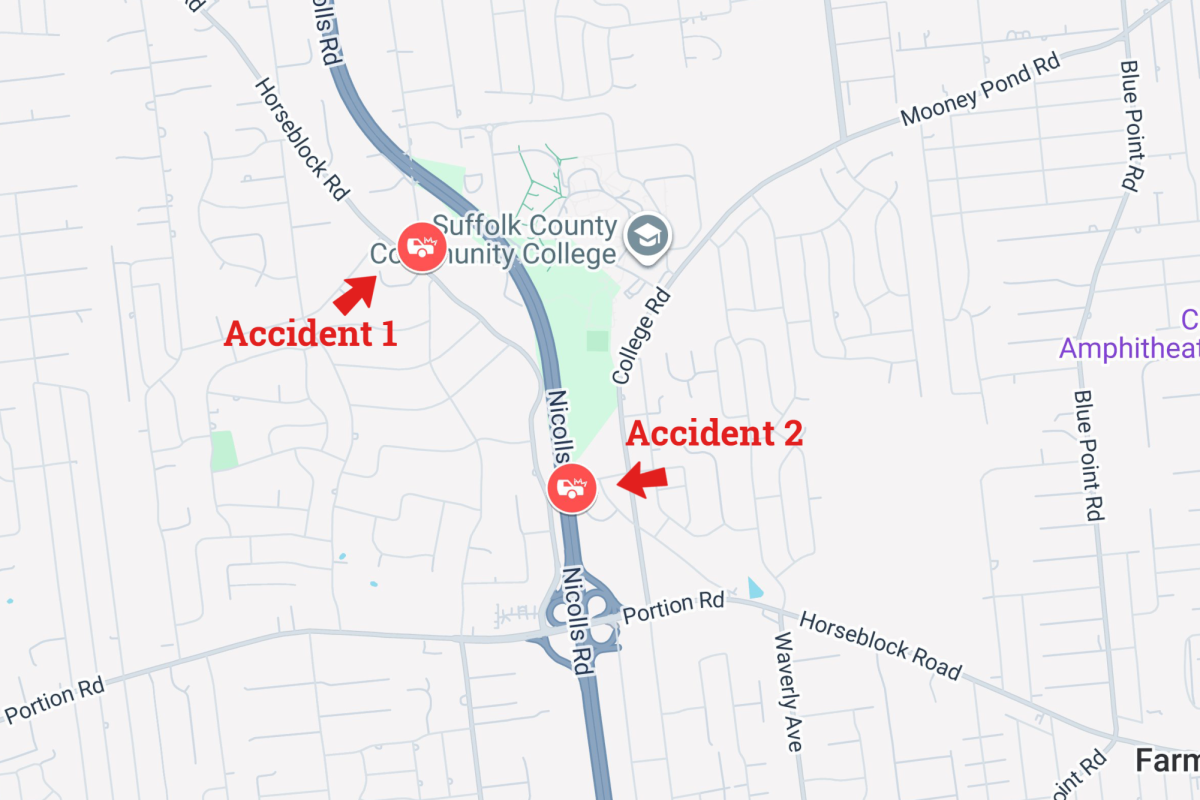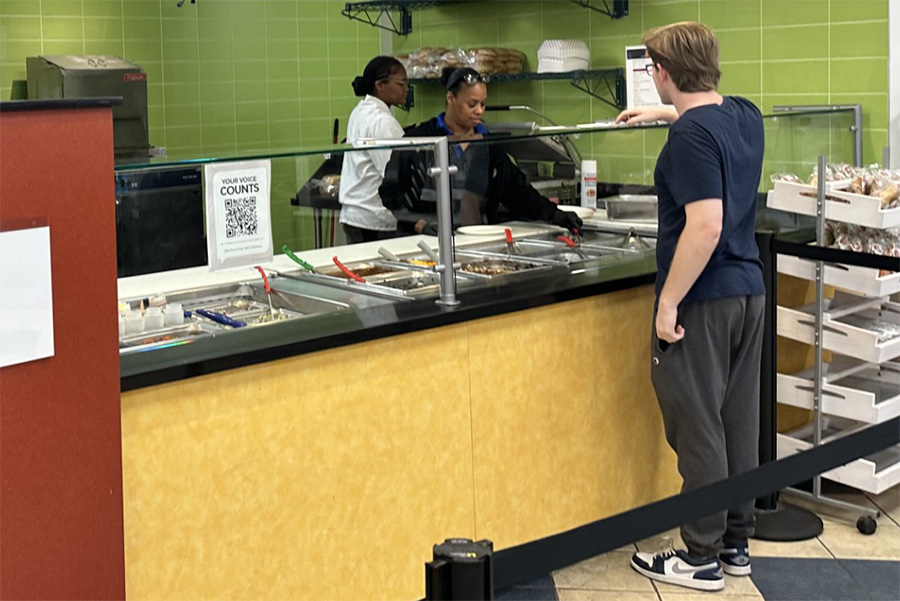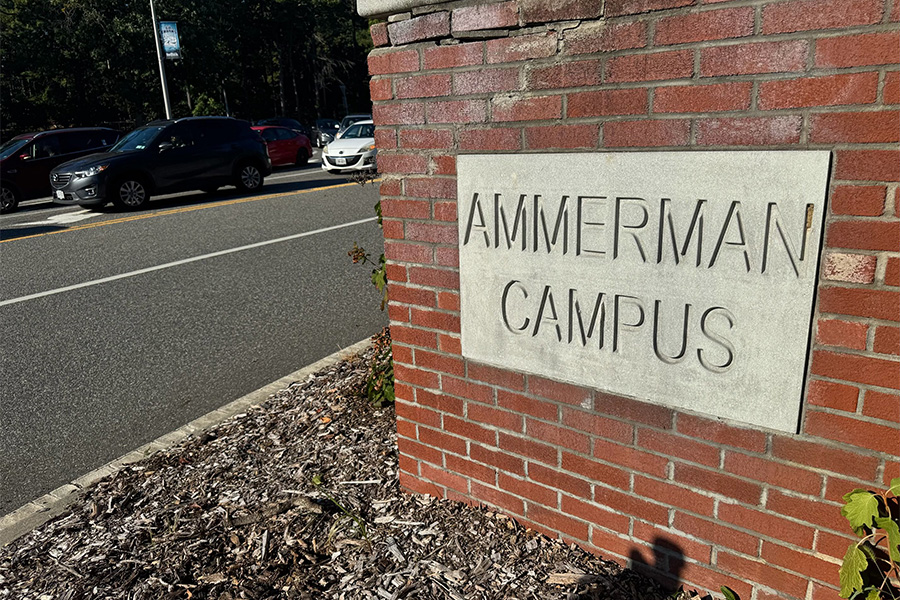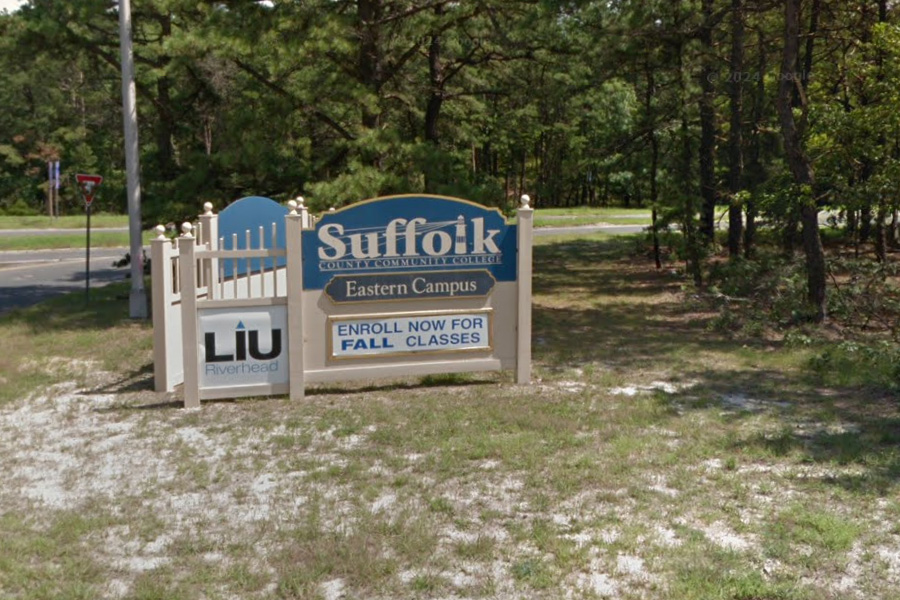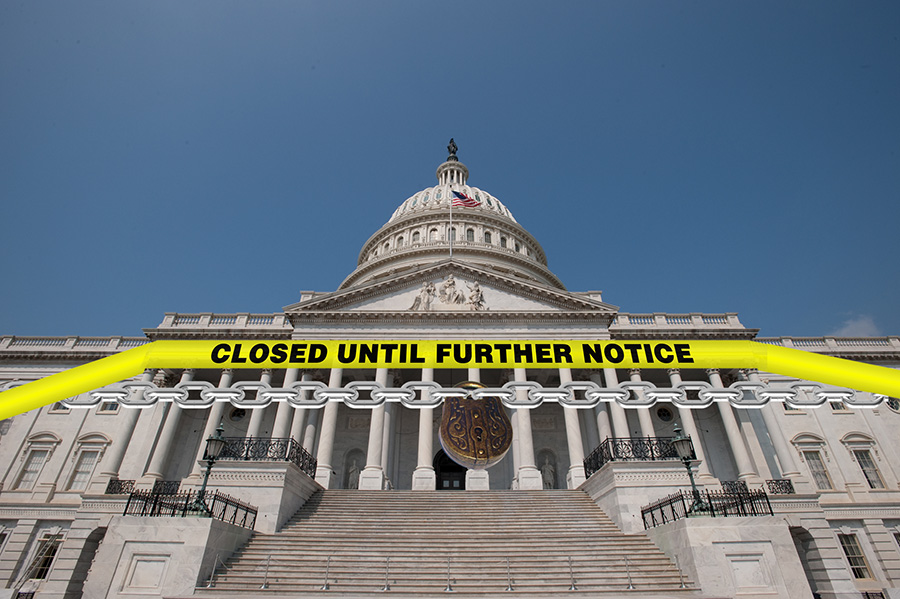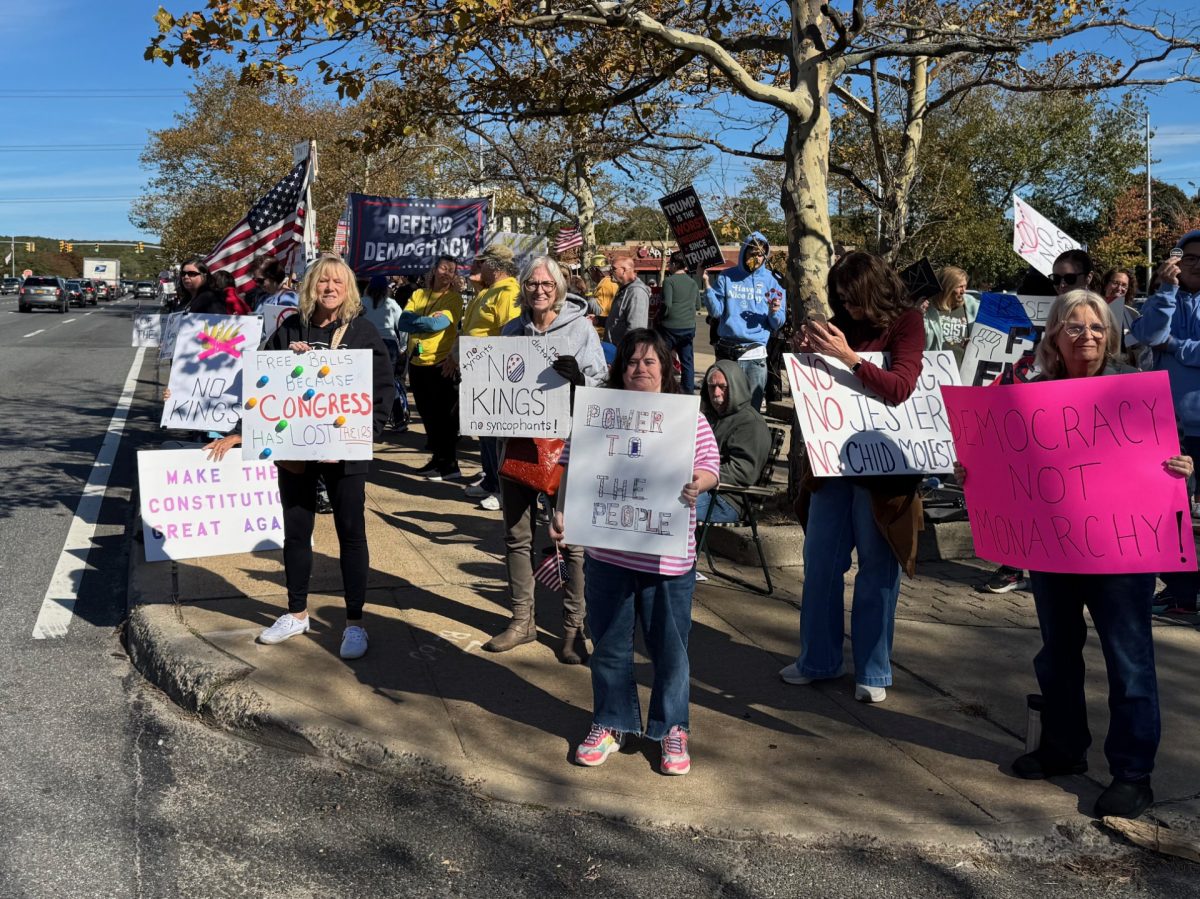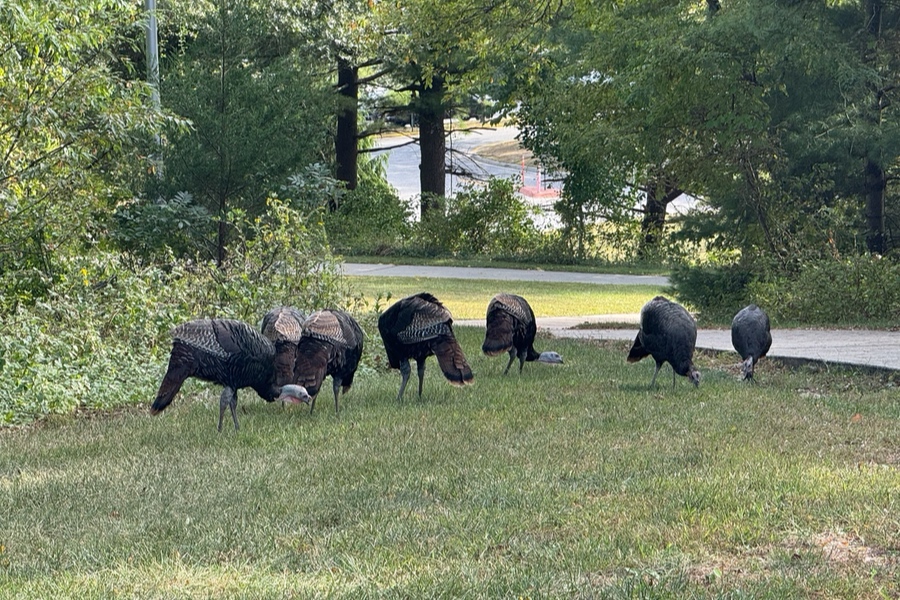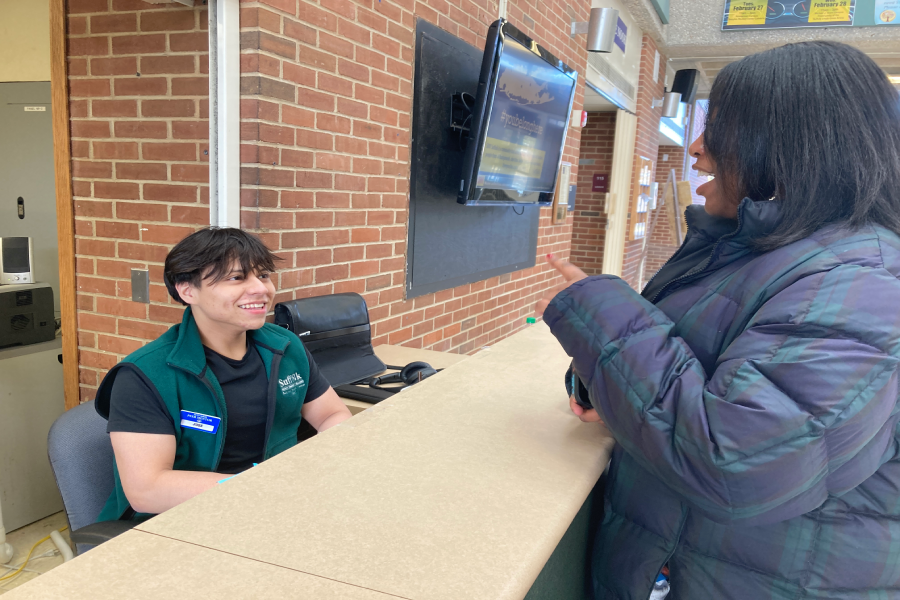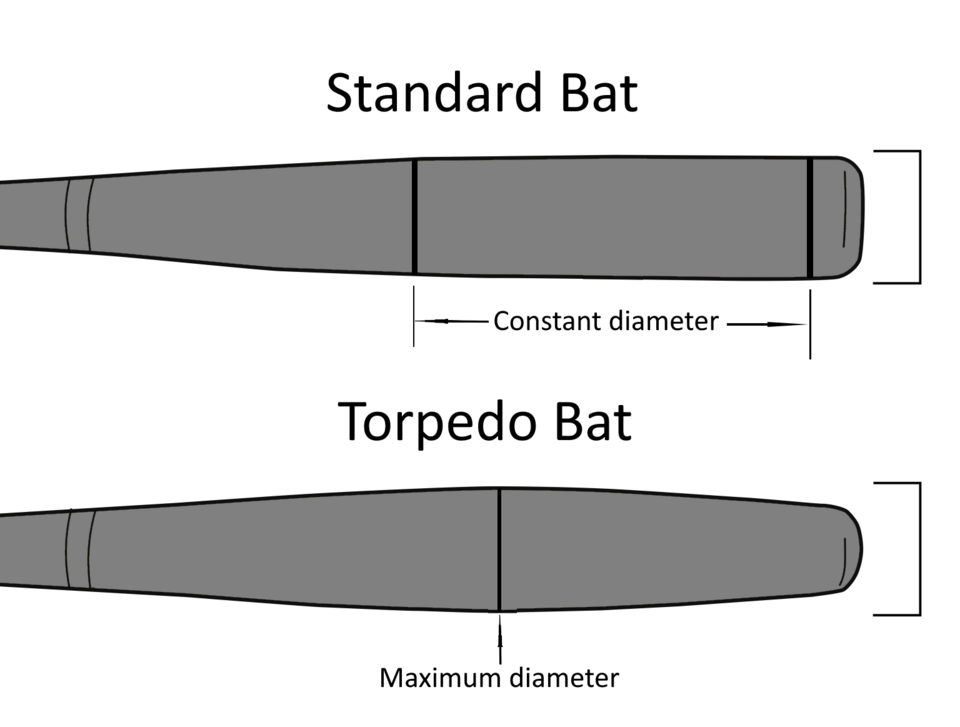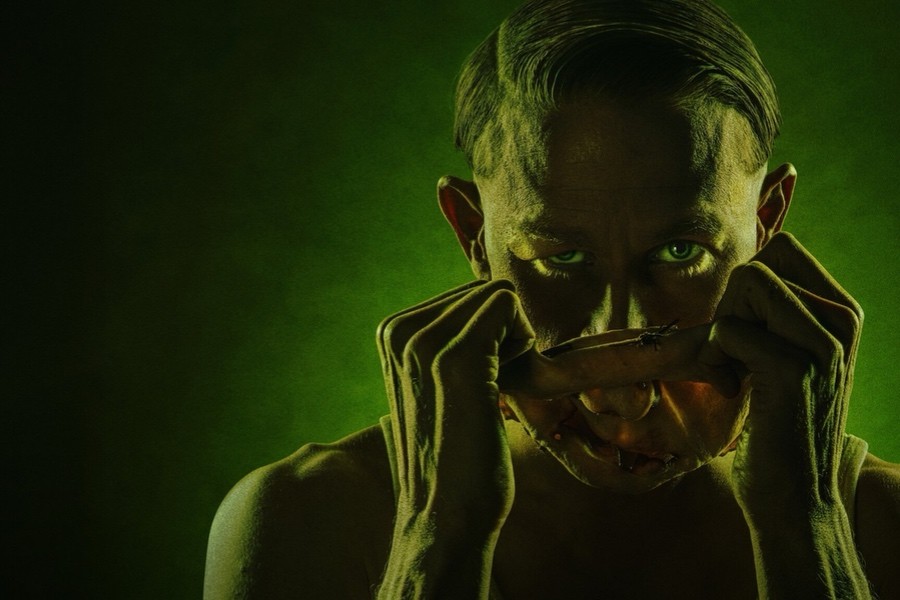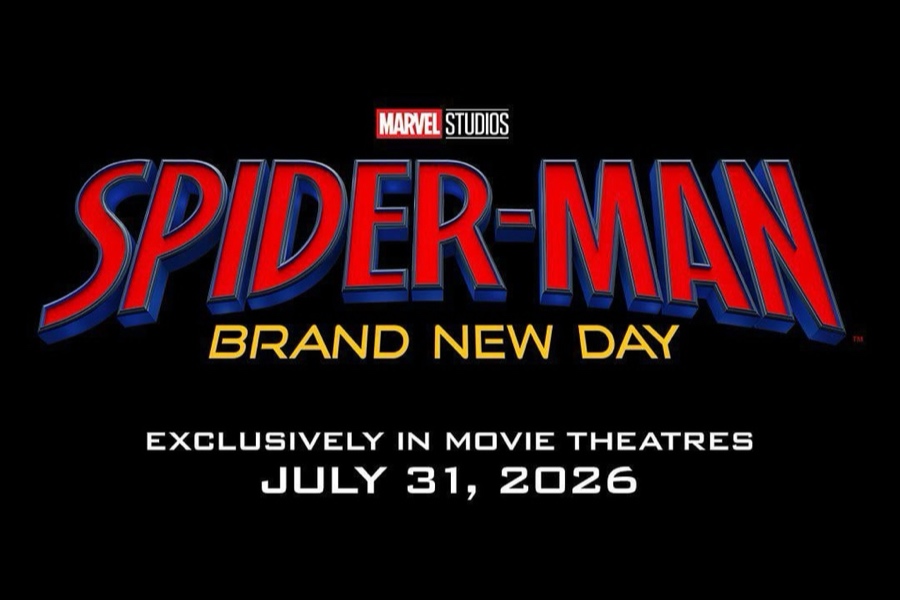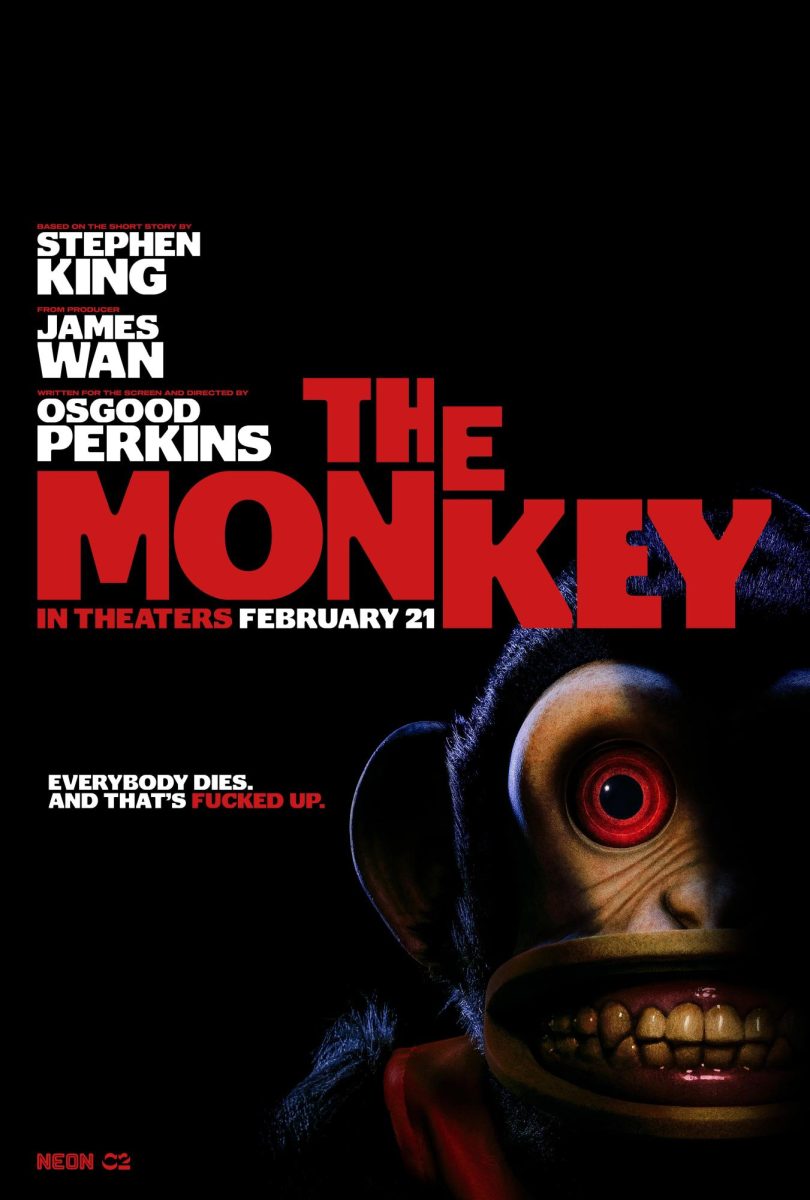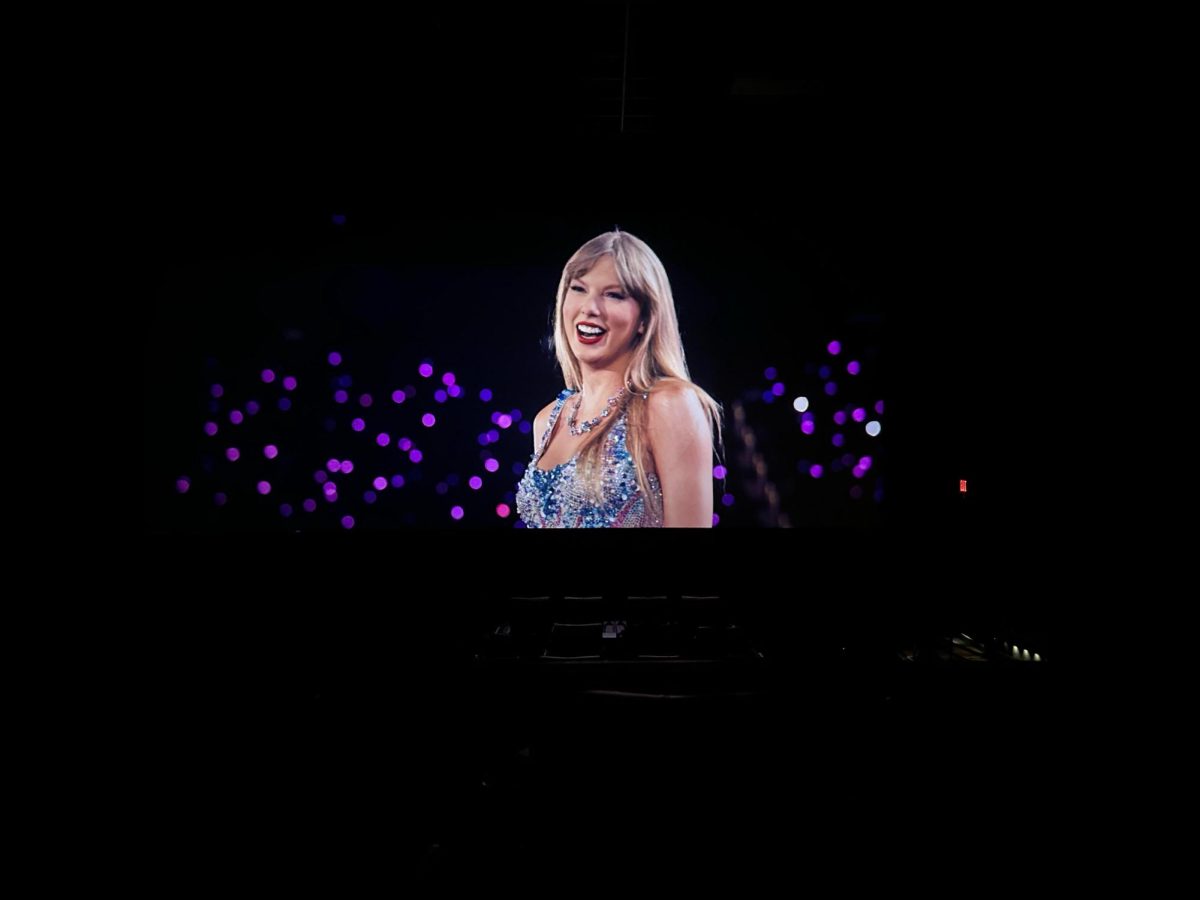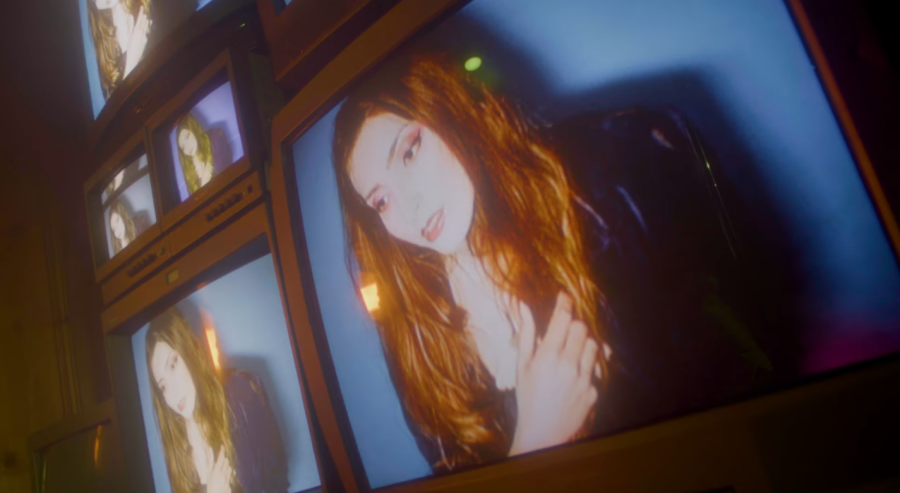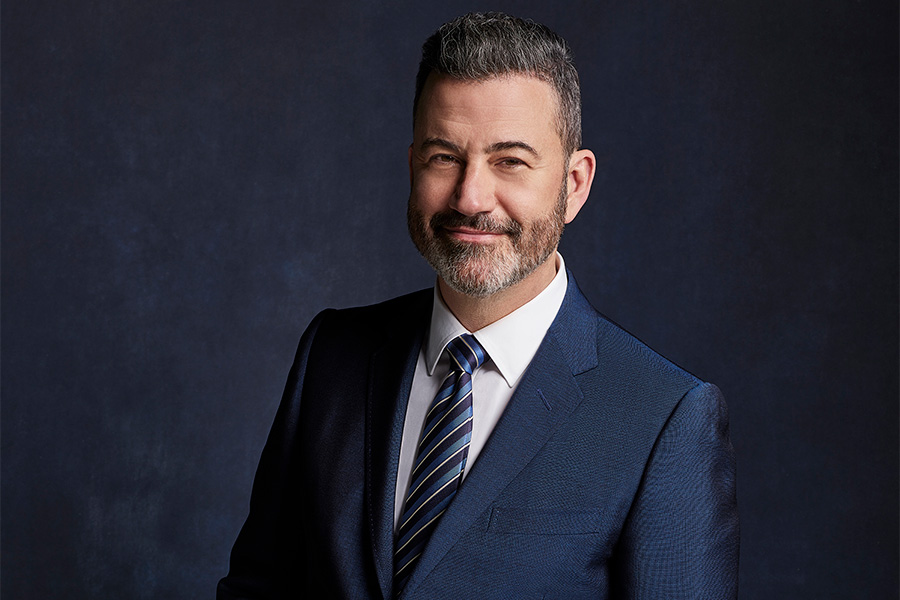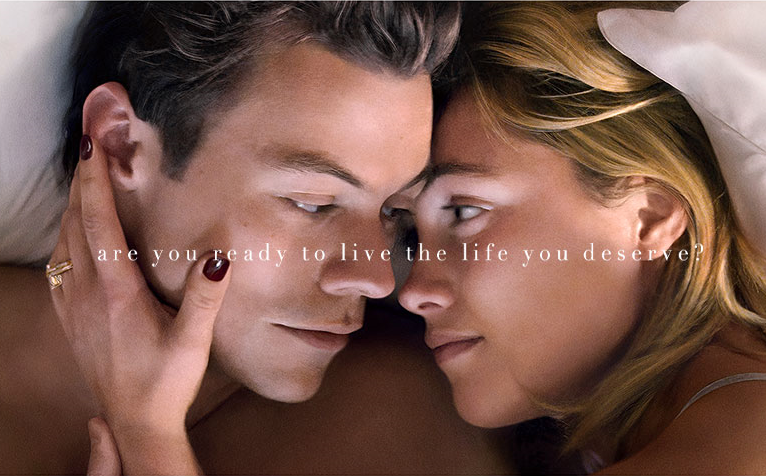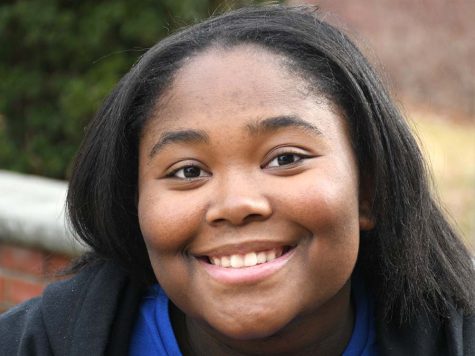We’re Worried, Darling
A review of Olivia Wilde’s mystery thriller “Don’t Worry Darling”
October 20, 2022
“Don’t Worry Darling” is a mystery thriller produced by New Line Cinemas and actress Olivia Wilde’s second directorial attempt following her critically acclaimed comedy “Booksmart” released in 2019. In my opinion, it is an unsuccessful attempt.
The film stars oscar-nominated actress Florence Pugh and former boy band crooner turned solo artist Harry Styles as Alice and Jack Chambers, a married couple living in the seemingly perfect company-built community of Victory, California. Each day, the men go to work for their elusive boss, Frank, who is portrayed by “Star Trek” actor Chris Pine. The wives are told to stay in Victory and away from the Victory Project headquarters in a desert “where it’s safe,” which one of the fellow wives, Bunny (Wilde) heavily emphasizes.
After Alice sees a plane crash into the mountainside while riding the town trolley, she ventures into the desert, where the Victory Project Headquarters is to help. She eventually finds a small building with large windows resembling mirrors. After Alice touches them, she starts to see abnormal visions before suddenly waking up at home. When she tells her husband Jack about her experience, he dismisses the idea, saying she had a bad dream, but Alice continues to experience delusions.
Alice recalled an old friend of hers, Margaret Watkins (KiKi Layne) saying she had experienced the same thing. Margaret went out to Headquarters with her son, which resulted in his death. She claims they [the Victory Project] took him as punishment and is seen by the entire Victory community, including Alice, as being delusional. Before Alice can ask Margaret anything, she witnesses Margaret commit suicide and then be dragged away by men in red jumpsuits. Alice continues to tell her husband what happened to Margaret was not an accident, and he calls her crazy, stating that Margaret fell and is recovering just fine. Alice refuses to believe this and continues to search for the truth.
In the last 10 minutes of the film, it is revealed that Victory (and all the people living in the community) are part of a computer simulation. When Jack goes to work, he leaves the simulation. The husbands were taking away their wives’ free will everyday by putting them inside said simulation.
From the beginning of the film, I could tell something was off. There was a somewhat robotic air of the husbands and wives in the neighborhood. The men go to work in their flashy vintage cars, their wives bidding them a good day with a kiss on the cheek as they drive off, their wives waving and blowing kisses to them as they fade in the rearview. The routine gets to be very predictable and overplayed. As the film continues, viewers repeatedly see Alice being gaslit by her husband. There were points throughout the film I found myself thinking: “When does it end?”
It gets frustrating because you want to figure out what Alice keeps seeing and what shady Frank is hiding. The entire 122 minutes of run time feel repetitive, as though you are watching the same scene.
With its star-studded cast and all of the controversy surrounding “Don’t Worry Darling”, I was expecting more from the film and cast. With a whopping score of 38% on Rotten Tomatoes and 6.3/10 on IMDb, it seems the public feels the film was okay at best. Pugh’s performance is powerful, and she does a fantastic job conveying the emotions of a person being manipulated. I empathize with her throughout the entire film, finding myself searching for the same answers she is looking for. Wilde gives a decent performance portraying the sassy neighbor, but her character seems very cliche. Wilde’s performance is not nearly as strong as Pugh’s, and it seems like Wilde cast herself in this role lazily because she still wanted screen time, not because she was the best choice for the role. Styles’ performance is fantastic, and being as it was only his third feature film role (and being a fan myself) I was pleasantly surprised. The character he portrays was the perfect personification of the popular proverb “the road to hell is paved with good intentions”.
The wardrobe and elaborate saturation of colors on the sets were remarkable and accurate for the 50’s era vibe Wilde was looking to portray. A focus on symmetry was evident, and it seems Wilde was attempting to highlight our society’s need to remove imperfection.
The film seems like it was made, taken apart, and then rushed to be reassembled. The original script, written by Shane and Carey Van Dyke, was far better than the mediocre fanfiction rewrite Wilde had Katie Silberman write. I feel Wilde heavily marketed this film as if to say only women are getting pleasure when, in actuality, the opposite. The Victory wives don’t know they are being held captive, and in what world are women given pleasure from that? This movie could’ve been so much more, but after all the hype, it was just a mediocre production.

